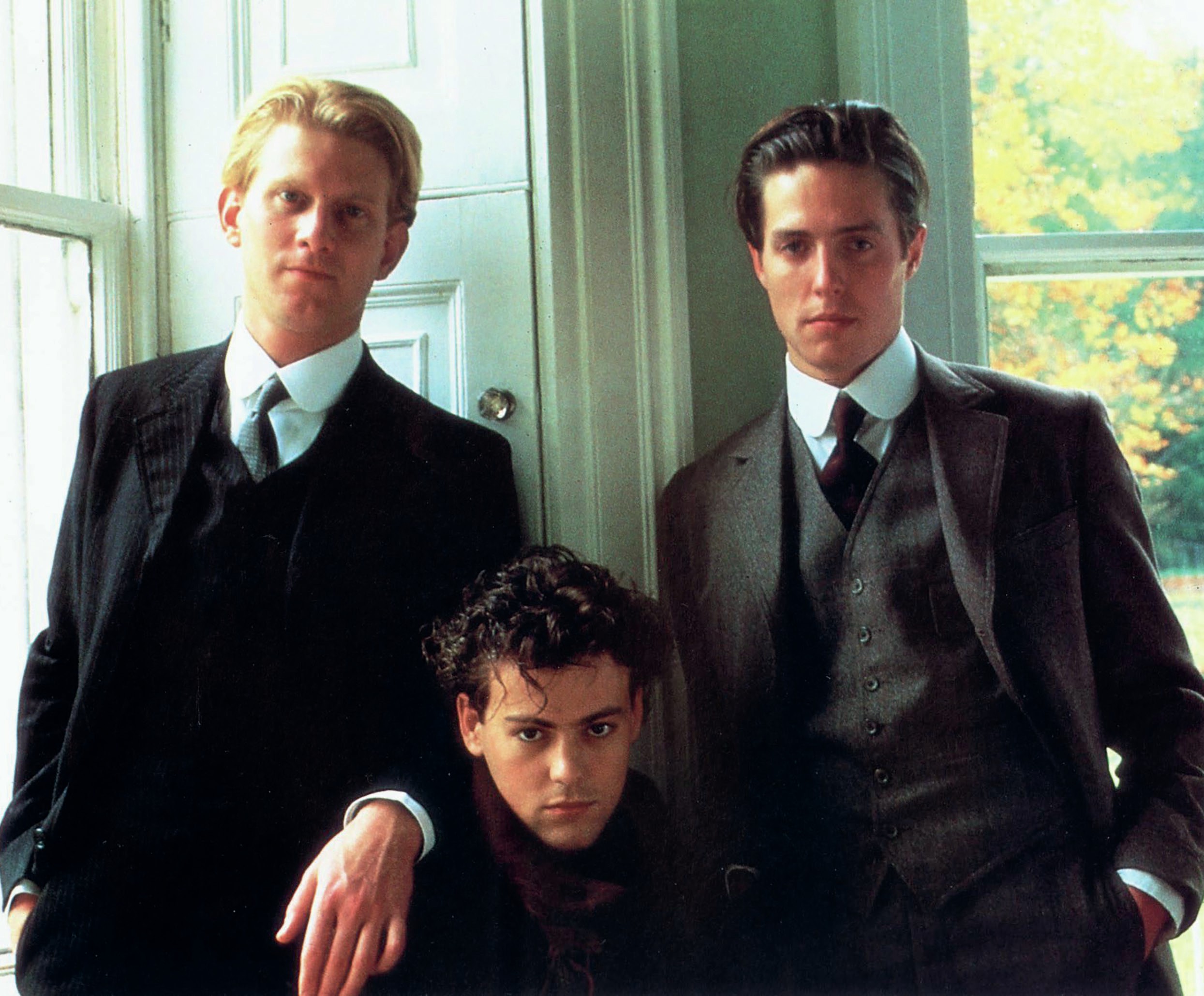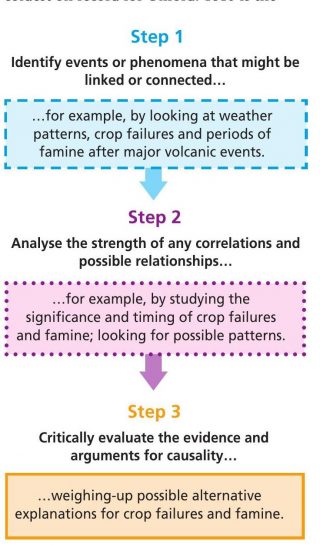
E.M. Forster’s 1913–14 novel Maurice is a pioneering work of queer fiction, which came into the public eye when it was adapted in 1987 for the big screen by heritage film director James Ivory and producer Ismail Merchant. Forster himself could have hardly anticipated this fate. Written when homosexuality was illegal in England and memories of the Oscar Wilde trial still fresh, the novel, Forster thought, was ‘unpublishable until [his] death and England’s’ (Moffat 2010, p. 174). If the work had come out, it could have roused a scandal and endangered its author, who was gay. So the novel remained in the archive, to be published only in 1971: a year after Forster’s death, nearly half a century after it was written, and following the decriminalisation of homosexuality with the 1967 Sexual Offences Act.
But it was not just Maurice’s publication history that was subject to changing times and attitudes. In the decade following its publication, the novel’s subject matter still alienated critics. Maurice’s early reception ranged from neutral to dismissive, and as late as 1983 it was still considered unworthy of Forster since his reputation was established by popular novels about heterosexual relationships. It took years for Forster’s gay fiction to be properly appreciated as inseparable from his oeuvre.
Your organisation does not have access to this article.
Sign up today to give your students the edge they need to achieve their best grades with subject expertise
Subscribe




